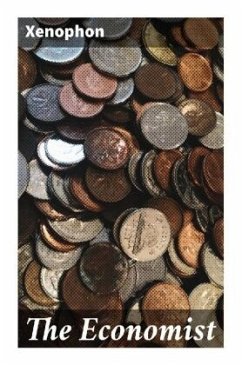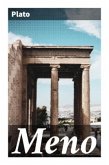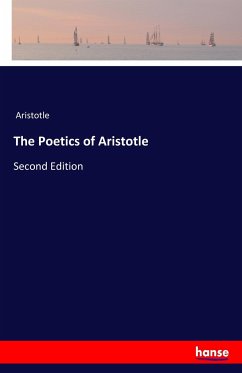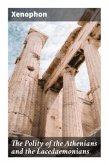Xenophon's "The Economist" is a fascinating exploration of household management and the philosophical underpinnings of economic principles in ancient Greece. Written in the form of a dialogue, the work delves into the roles and responsibilities within the oikos, or household, emphasizing the interplay between ethics, governance, and practical economic practices. The literary style is characterized by clarity and an engaging narrative, reflective of Socratic methods, as it seeks to elucidate not just the mechanics of household management but the moral imperatives that guide economic decision-making. This context situates Xenophon within a rich tradition of classical thought that interrogates the nature of virtue and citizenship amidst burgeoning economic complexities of his time. Xenophon, a disciple of Socrates, was not just a historian and soldier; he was deeply invested in ethical philosophy and governance. His experiences in the Persian campaigns and interaction with various cultures likely influenced his insights into management and leadership. Intimately familiar with the practicalities and moral dilemmas of command, Xenophon uses relative personal and societal experiences as a framework to discuss economy, making "The Economist" a seminal text that bridges the gap between theoretical ideals and practical realities. For readers interested in the intersections of economics, ethics, and philosophy, "The Economist" offers timeless lessons that resonate beyond its historical context. It is recommended for scholars, practitioners, and anyone keen on understanding the foundational concepts of economics as intertwined with moral philosophy. This book provides an illustrative discourse, making it an essential read for anyone seeking a deeper comprehension of economic management within a societal framework.
Bitte wählen Sie Ihr Anliegen aus.
Rechnungen
Retourenschein anfordern
Bestellstatus
Storno








